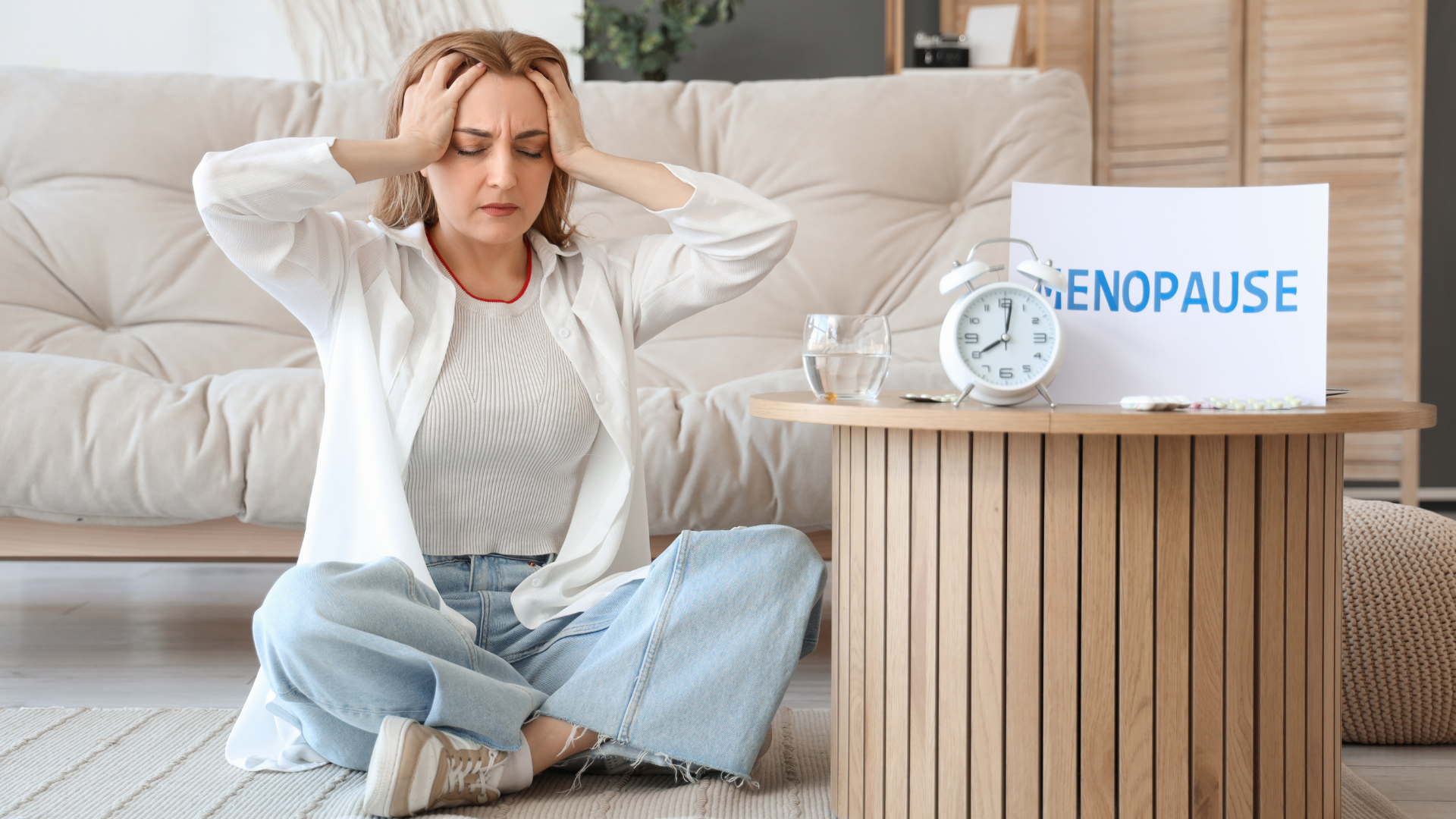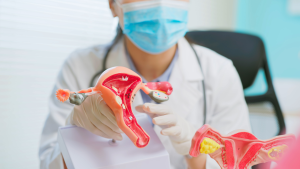Menopause is a normal part of aging for women. It happens when a woman’s body stops having periods. But climacteric also brings other changes to your body, especially in your reproductive health. This article will explain how reproductive health during climacteric changes and how you can take care of yourself.
What Happens to Your Body During Climacteric?
During climacteric, your body goes through many changes. Here’s what happens:
Changes in Hormones
One big change during climactericis in your hormones. Your body makes less estrogen and progesterone. These hormones help control your periods and pregnancy. As they decrease, your body starts to change.
No More Periods
Climacteric means you stop having periods. This also means you can’t get pregnant anymore. This is a big change in your reproductive health during menopause.
Changes in the Vagina
With less estrogen, the tissues in the vagina can become thinner and drier. This can make the vagina feel dry and uncomfortable. Some women find that sex becomes less comfortable during climacteric because of these changes.
Changes in Sex Drive
Climacteric can also affect your interest in sex. Some women notice that they don’t feel as interested in sex as they did before. This is another change in reproductive health during menopause.
Bone Health
Estrogen helps keep your bones strong. When estrogen levels drop during climacteric, your bones can become weaker. This makes it easier for your bones to break, a condition called osteoporosis.
Medicines to Help with Climacteric Symptoms
Here are five common medicines that can help with symptoms of menopause:
- Hormone Replacement Therapy (HRT): This medicine replaces the hormones your body is not making anymore. It helps with hot flashes, vaginal dryness, and keeping your bones strong.
- Vaginal Estrogen: This can be a cream, ring, or tablet. It helps with dryness and discomfort in the vagina.
- Calcium and Vitamin D Supplements: These over-the-counter pills help keep your bones strong.
- Antidepressants: Some of these medicines can help with mood swings and hot flashes during menopause.
- Lubricants and Moisturizers: These are products you can buy without a prescription that help with vaginal dryness and make sex more comfortable.
These medicines can help you manage the changes in reproductive health during climacteric.
Reproductive Health During Menopause: How to Stay Healthy
Taking care of your health during climacteric is important. Here are some simple tips:
Keep Moving
Exercise is good for your body. It helps keep your bones strong, lifts your mood, and keeps your heart healthy. Even simple exercises like walking can help.
Eat Healthy Foods
Eating the right foods is important. Foods with a lot of calcium and vitamin D help keep your bones strong. Eating fruits, vegetables, and whole grains is also good for your health.
Talk to Your Doctor
If you notice changes in your body that worry you, talk to your doctor. They can help you find the right treatments for your symptoms.
Learn About Menopause
Knowing what to expect during climacteric can help you feel more in control. It’s easier to handle changes when you know what’s happening to your body.
Connect with Others
Talking to other women who are going through climacteric can help. You can share stories and tips on how to manage symptoms.
Staying Positive During Menopause
Climacteric is a natural part of life, and while it brings changes, it also marks a new chapter. It’s important to stay positive and take care of your health. With the right support and care, you can manage the changes in reproductive health during menopause and continue to live a full and active life.
In conclusion, climacteric brings big changes to a woman’s body, especially in reproductive health. But with the right knowledge and care, you can manage these changes and stay healthy. Whether it’s through medicines, exercise, or talking to your doctor, there are many ways to take care of yourself during this time. Remember, you’re not alone—many women are going through the same changes, and help is available to guide you through menopause.
FAQs
- What are the first signs of menopause?
- The first signs often include irregular periods, hot flashes, and mood swings.
- How does menopause affect reproductive health?
- Menopause ends your periods, changes your hormone levels, and can lead to vaginal dryness and a lower interest in sex.
- Can I still get pregnant during menopause?
- Pregnancy is not possible after menopause, but it can happen during perimenopause, the time leading up to menopause.



